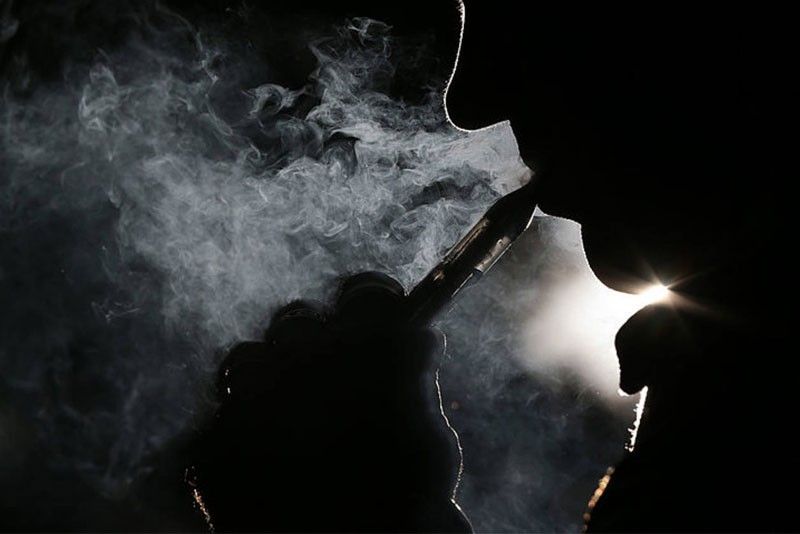E- cigarette manufacturers have until October 24 to secure license

MANILA, Philippines — Manufacturers of electronic cigarette (e-cig) products have until Oct. 24 to secure license to operate from the Food and Drug Administration, an FDA official said yesterday.
Anton Javier, FDA’s project manager for product research and standards development, said the three-month “transitory period” for e-cig manufacturers to comply with the Department of Health (DOH)’s Administrative Order 2019-0007 ends on that day.
Javier said the AO was intended to make sure the e-cig products being sold in the country are free from substances that had already been proven to be harmful to health.
“What we want to ensure is that certain agents are excluded in the manufacture of e-cig solutions. The reason for that being is some of these substances are already known to be toxic,” he told the Kapihan sa Manila Bay media forum at the Café Adriatico in Manila.
Signed last June 14 by Health Secretary Francisco Duque III, the AO states that e-cig products “verified to be unregistered after the given grace period shall be subject to seizure.”
“Persons, establishments, including the officers and directors, responsible for their distribution or introduction in the Philippines shall be subject to the imposition of appropriate regulatory actions after due process,” the AO read.
Javier noted that only one company, which he did not identify, has applied for registration so far.
The official also admitted there is strong resistance to the AO among manufacturers because the measure will primarily affect the flavor of the vapes, among others. He cited for instance that e-cig contains “cinnamaldehyde,” which is a component of the cinnamon flavor, but prevents the lungs from removing toxins.
Javier added that there are also certain types of sugar used in the products that can become harmful when heated to a certain degree.
“The sugar masks the irritants in the throat and when you heat certain types of sugar, they produce carcinogenics,” he maintained.
The products, he claimed, also contain diacetyl which gives a butter-like flavor. The substance, however, is associated with having popcorn lungs, slang for bronchiolitis obliterans or obliterative bronchiolitis, a serious condition of the lungs.
“Flavors are important for e-cig users... There is resistance on the flavors, on the amount of nicotine in the e-cig liquid,” he added.
‘Less harmful’
Meanwhile, a former official of the World Health Organization (WHO) yesterday claimed that e-cigs are “less harmful” than traditional cigarettes, and that Filipinos should not be deprived of the chance to quit smoking using these products.
During the same forum, Tikki Pang, the WHO’s former director for Research Policy and Cooperation, said there is evidence indicating “two things very clearly” when it comes to e-cigs.
“Many highly credible institutions in western countries came to the same conclusion: that alternative tobacco products, including e-cigs, (are) much less harmful... Second is that it helps people to quit smoking,” Pang said.
He also claimed that he is “personally disappointed that the WHO has taken a negative stand” on e-cigs despite it being a “potential of alternative products to deal with smoking problems.”
US authorities are investigating several deaths believed linked to vapes and e-cigs.
Federal authorities are also investigating Juul for misleading the public on the health aspects of its product.
Javier, however, said there is evidence “pointing to uncertainty on the safety profile of e-cigs.”
“Much like the traditional tobacco products back in the 19th century, physicians were not certain of the safety profile of tobacco because of the latency of health effects of these products,” he said.
Javier added that in smoking, side effects “will not be immediately apparent until 20 years down the line, until you already have oral cancer, lung cancer, colorectal cancer and other forms of cancer associated with cigarette smoking.”
Efforts to regulate the use of e-cigs, according to the FDA official, are geared toward an “entire gamut of issues,” including vape users becoming tobacco smokers.
“There is a growing body of research that (indicates) a lot of people who are smoking e-cigarettes, especially the teenagers, eventually turn to tobacco cigarettes. They are not really smokers,” he claimed.
- Latest
- Trending





























